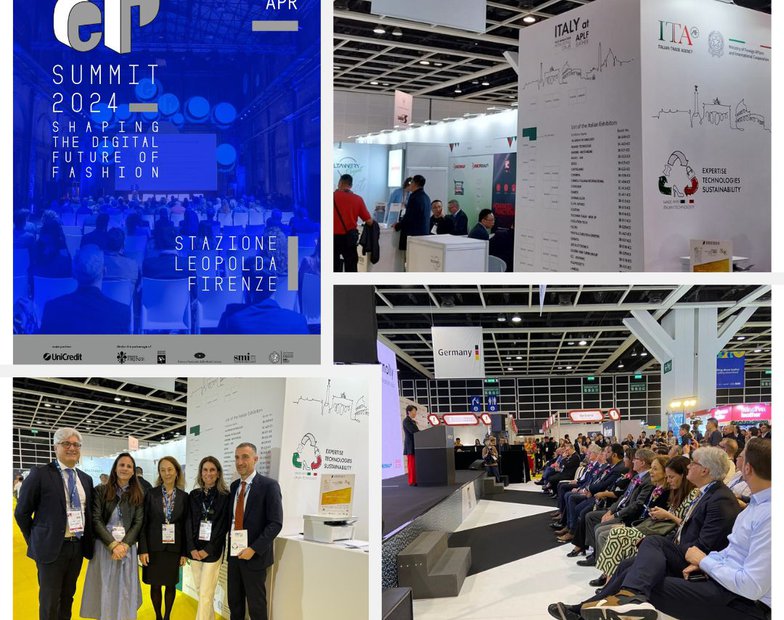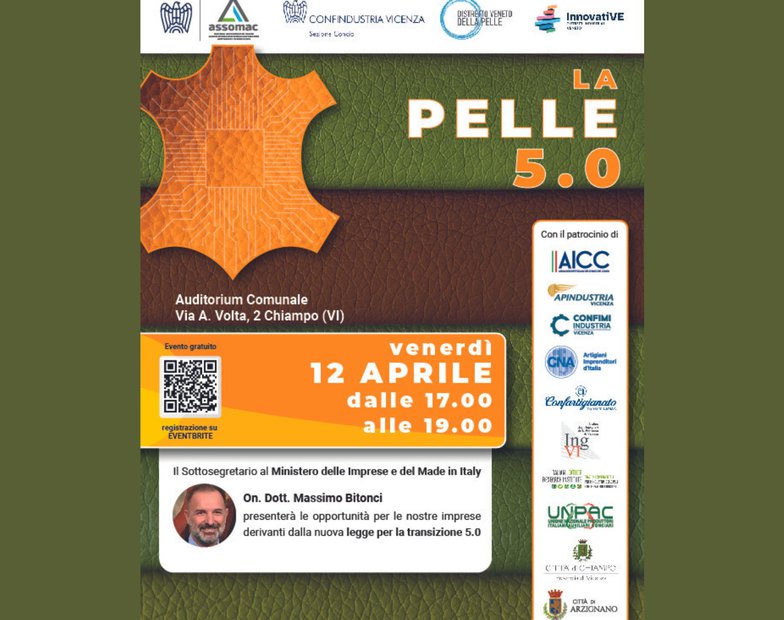The digital revolution of recent years has led to radical changes in the behaviour and way of life of people. Its application in manufacturing processes has opened up new scenarios and introduced numerous challenges that, if seized, can become opportunities generated by both technological and management change.
Becoming more efficient within a framework compliance with the sustainability parameters is the main challenge that the production processes will have to face in the coming year, particularly for sectors such as fashion that uses primary resources.
To achieve this, every member of the production system must do its part, and a great ally in this sense is certainly the digital evolution.
In this industrial fields, this means shifting the focus from traditional automation processes to a new way of conceiving production: more flexible (what is needed) more efficient (when needed); in shorter, smarter of able to interact the external environment.
Production efficiency is achieved through the contribution of each component of the process accompanied by an increasing of energy efficiency (consumption, recovery); simplifying the concept, strictly to the logic of two-way machine/process communication. In this sense, for example, the application of sensors for continuous
monitoring as well as the transmission of information along the production chain are the founding elements of Industry 4.0.
To speak of “augmented reality” means to refer to the introduction of systems that allow aggregating information in an intuitive way with the use of simulation and virtualisation systems.
The benefit can be directed to those who are responsible for monitoring and optimising production processes, for example, a production manager who can “ walk through the cycle”, make any changes “in virtual manner” and evaluate the effects by applying them in real situation.
This transformation process requires an investment in new professionals.
The real enabling facto of Industry 4.0 is not technology, which is also easily available, but the human factor, people with the right skills.
The concepts of Industry 4.0 and Sustainability seem to be getting closer and closer to each other. For this reason, ASSOMAC has considered it important to enhance the commitment to innovation of its member companies through a project called “Supplier of Sustainable Technologies” (registered trademark).
As a first step, this project, in the absent of internationally recognized reference parameters, has made it possible to create the GREEN LABEL, a voluntary declaration certified by a party.
The Label aims at expressing the impact of the machine being examined through the Carbon Foot Print (CFP), elaborated by Life Cycle Assessment (LCA) calculation method.



